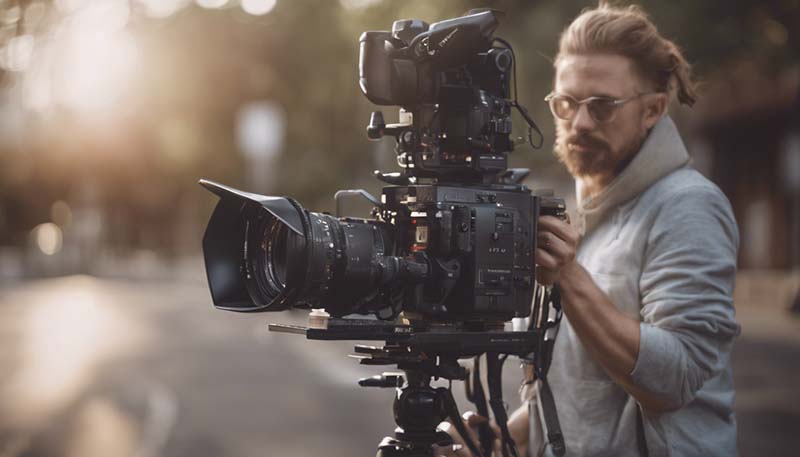Introduction
Landing a job in today's competitive market requires more than just a solid resume and a good cover letter. Interview preparation is a crucial step in the job application process, and it often separates the candidates who get hired from those who don't. This article delves into advanced strategies that can help you stand out in an interview and increase your chances of securing the position.
Understanding the Interview Process
Before you can effectively prepare for an interview, it's important to understand the different types of interviews and what they entail. Here's a brief overview:
- Phone Screen: A preliminary interview to assess your basic qualifications.
- Behavioral Interview: Focuses on how you've handled situations in the past.
- Technical Interview: Tests your knowledge and skills related to the job.
- Panel Interview: Involves multiple interviewers, often used for higher-level positions.
- Case Interview: Common in consulting, where you're given a problem to solve.
- Video Interview: Conducted remotely via video conferencing software.
Advanced Preparation Techniques
The following advanced strategies will help you prepare for any type of interview:
Advertisement
1. Research the Company and Role
Go beyond the "About Us" page on the company website. Understand the company's mission, values, culture, and recent developments. Know the role you're applying for inside out, including the key responsibilities and how your skills align with them.
2. Develop a Personal Elevator Pitch
Create a concise and compelling statement that summarizes your professional background, key skills, and what you bring to the table. Practice delivering it smoothly and confidently.
3. Master the Behavioral Questions
Prepare for behavioral questions using the STAR method (Situation, Task, Action, Result). Have several stories ready that showcase your problem-solving skills, teamwork, leadership, and adaptability.
4. Prepare for Technical Questions
If the role is technical, brush up on relevant technical skills. Practice explaining complex concepts in simple terms and be ready to discuss your past projects and the technologies you've used.
5. Mock Interviews
Practice makes perfect. Conduct mock interviews with friends, family, or mentors. Ask for feedback and refine your answers based on their input.
6. Understand the Interview Format
If you know the format of the interview (e.g., panel, case, etc.), tailor your preparation accordingly. For a panel interview, practice making eye contact with multiple people and address each interviewer by name.
7. Prepare Questions to Ask
Having thoughtful questions to ask at the end of the interview shows your interest in the role and the company. Prepare a mix of general and specific questions about the company, team, and role.
8. Leverage Your Network
Reach out to your professional network, especially anyone who works at the company or has been through a similar interview process. They can provide valuable insights and advice.
9. Plan Your Attire and Logistics
Choose professional attire that fits the company culture. Plan your route to the interview location, allowing extra time for unexpected delays. If it's a virtual interview, test your technology and set up a professional background.

10. Work on Your Body Language
Positive body language can make a strong impression. Practice good eye contact, a firm handshake, and a confident posture. Avoid fidgeting and maintain a relaxed, open posture.
Interview Day Dos and Don'ts
Here are some dos and don'ts to keep in mind on the day of the interview:
Do's:
- Arrive early.
- Switch off your phone or put it on silent.
- Use positive language.
- Listen carefully to the questions.
- Show enthusiasm for the role and company.
- Be yourself.
Don'ts:
- Don't badmouth previous employers or colleagues.
- Don't discuss salary unless it's brought up by the interviewer.
- Don't make excuses for past job hopping or gaps in employment.
- Don't be late.
- Don't interrupt the interviewer.
- Don't forget to send a thank-you note after the interview.
Conclusion
Interview preparation is an ongoing process that requires time, effort, and strategy. By understanding the interview process, mastering advanced preparation techniques, and knowing what to do (and not to do) on the day of the interview, you can increase your chances of making a great impression and landing the job. Remember, the goal is not just to get the job, but to find the right fit for your career goals and personal values.
Comment